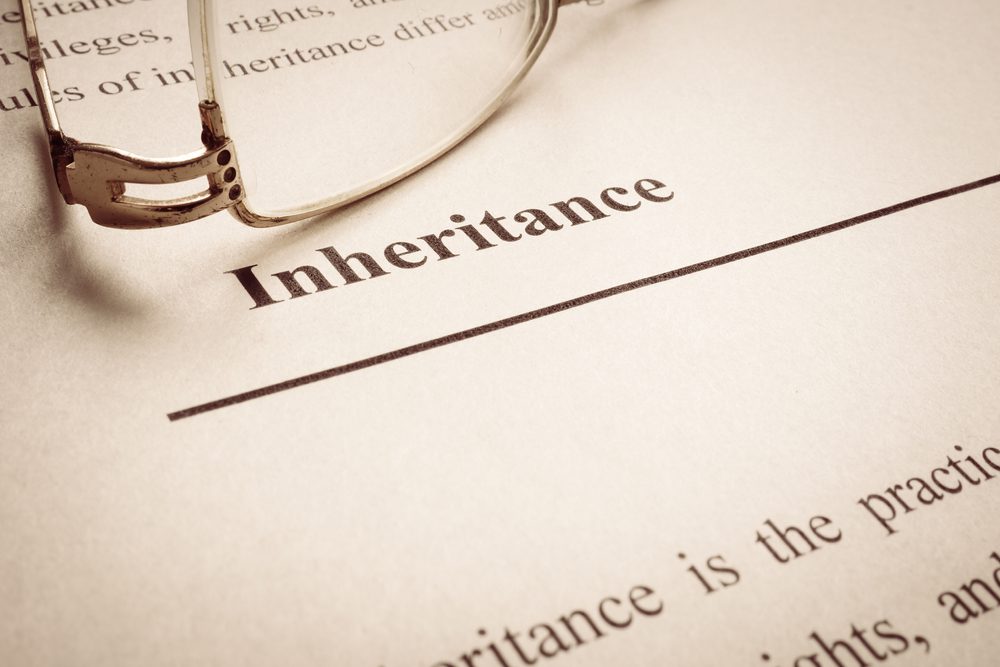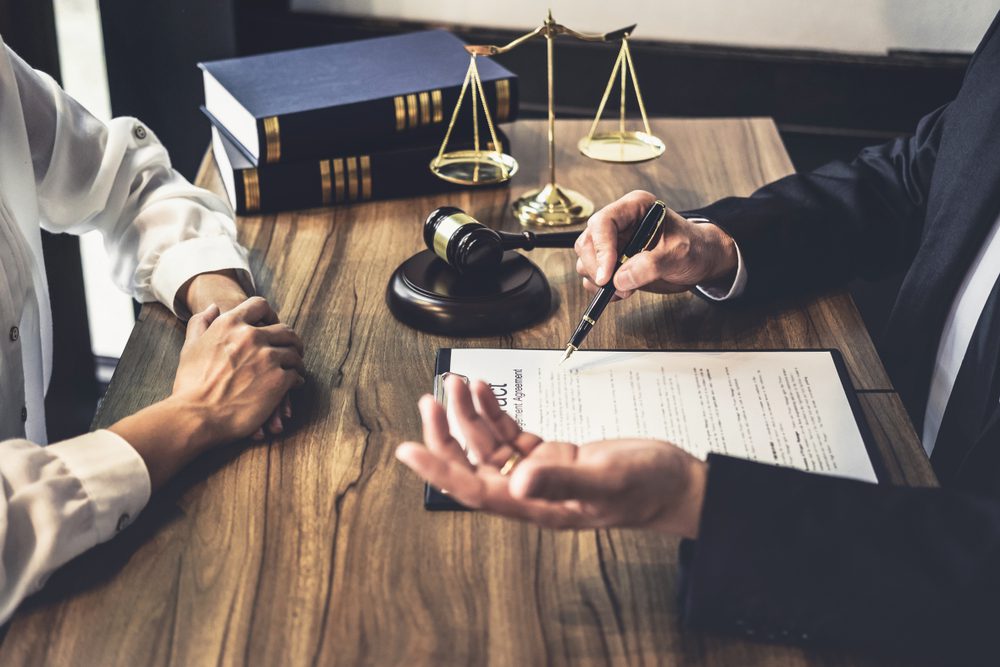
Have you ever wondered what are the best assets for an inheritance?
It is never too late to think about your inheritance, and when it comes to leaving something to your loved ones, there are some of the best assets for an inheritance, and there are some not-so-good ones out there too. When you are starting to think about writing down your will or when you start to think about who shall inherit what from you, it is good to think about how you can also maximize what they will receive.
Be it that you are helping some of them out because you know they will not be doing great financially and this inheritance will definitely help them out, or that you want to make sure that whomever you named as your heir is going to be comfortable, making sure you are maximizing what they are getting is the best way to go about it.
This is going to be a great financial help for them and also a great help for you, so you can be sure that those you leave behind are going to be taken care of.
If you are curious about what the best assets are for an inheritance, make sure you keep reading!
Have you already started to write up your will? What are some things you have thought of including? Any and all thoughts you may have are welcome in our comment section!

Brokerage accounts
Brokerage accounts make for attractive assets, no matter if you end up using them for your inheritance or not. When it comes to diversifying your retirement income, things like mutual funds, stocks, and bonds are a great way to make sure you have something extra saved, even if it is in the form of a taxable account.
When it comes to your inheritance, these types of assets are easy to divide and spread among all your heirs, and you can also skip all the talk about who gets how much, as it is easy to see the value of these assets since they are publicly traded investments. What’s more, since they are done publicly, it is also easy for them to sell and get money from these items rather than be forced to keep an asset they would have no use for.
Even more, depending on the type of share you would have in your inheritance, the person receiving it could end up getting quite a big tax benefit from it. If you have invested for years in accounts that contain shares in big, profitable companies (such as Microsoft, Apple, and IBM, just to name a few), they have definitely grown in size and profit compared to the moment you acquired them.
If you were to sell these stocks to get the money, you would have to pay a sizeable amount in taxes for them.
However, if you keep them as is, your heirs can end up taking advantage of something known as a step-up-in-basis: your investment base will go up to the value it has on the market on the day you have passed. And if your heirs decide to sell the shares they have received from you soon after the sad event, then they will have to pay little to no taxes on the profit they would make since these assets would be appreciated by the market.
The same principle sometimes applies to real estate, but you would have to look into it a little bit more as the real estate inheritance laws vary from state to state and it could be difficult. A good way to bypass both the capital gain tax and some issues is to instruct your executor to sell the property and have your heirs receive the money from the transaction. But this is also dependent on whether or not you want to no longer have the home in your family.

Cash
When it comes to the best assets for inheritance, there is no denying that simple cash is the best one out there. Not only is it the easiest to deal with when it comes to the actual transfer of the assets left through the inheritance, but it is also easier for the people who are receiving it to know what to do with it.
You can easily divide the amount you have between all your heirs, and it is also easy for each of them to know how much they have received without having to take into consideration taxes or other factors otherwise involved. It could also make it easier for you to specifically write down the terms and the amount in your will. It will also be easier to deal with as opposed to something like real estate, which could not only be difficult to guess the value of but also end up being harder to sell.
If you know any of your heirs may be in a tough financial spot, leaving them cash is the best way to go as well!
One thing to be wary of is not having your money divided between too many banks. This can end up causing problems with what is being taken out of which bank, not to mention that all banks have different rules about distributions from accounts, and it can easily end up becoming both overwhelming and quite a hassle to deal with if there are too many involved.
You can make this problem easier to deal with if you consolidate some of the accounts to only leave a little up. Likewise, make sure you adhere to FDIC limits, as your assets are only insured up to $250,000 for each back for every account type of ownership (meaning joint accounts, single ones, and retirement ones).
If you are getting older and you are going to be leaving cash to your heirs, the best assets for inheritance out there, a good idea would be to let your heirs know about it if you know you can trust them with this information. They may have some financial goals they would like to take care of, and it would be best for them to consult a financial advisor so that they do not get shocked by the cash amount received.
If you have a Roth IRA account that is going to be part of the inheritance assets you will be leaving behind, make sure you read about both how to manage it and how it will be handled when left as part of an inheritance in this book here!

Cash substitutes
While cash is one of the best assets for an inheritance, another one that would be almost as effective as it is other substitutes that come in the form of other types of accounts. We have already discussed brokerage assets, so we will not delve into them but rather stop and look at another type of account you may have, which can also become inheritance assets easily!
One of them is having life insurance. If you have this type of insurance, you can skip probate for your will, and you can know your heirs will get the death benefit according to the contract you signed soon after the sad event. This also means that the insurance firm will be handling the account and the transfer of funds, and you will not have to worry about having another thing left with your will executor, as the company will follow the rules and instructions left in the contract by yourself.
Another type of liquid inheritance that is going to be beneficial to your heirs is CDs and money market accounts. You can accumulate money with these types of accounts and have a “payable upon death” (POD) clause set with the bank, which also bypasses the probate and only needs the death certificate as proof of payment. This is also a great way to make sure someone specific gets the money without having to make the heir a joint owner of the account and risk them taking money from your account without your knowledge.
The one thing you need to be careful of with these types of assets that you leave behind is to leave instructions and plan accordingly! These types of assets cannot be overwritten by your will, so if your contracts with the life insurance company and your POD instructions list a specific beneficiary, you cannot change them in your will later. You will have to make changes to the contract or instructions accordingly.
Likewise, you should generally review these terms at least once every two years, in the case that you are divorcing (as there have been ex-spouses that inherited the money despite not being included in the will before) and if you have a specific heir that has passed away or you had a fallout with.
If you have all your inheritance set, then you may be thinking about where you could relocate for retirement! Here we have some amazing suggestions that are also not going to tax your retirement income!










